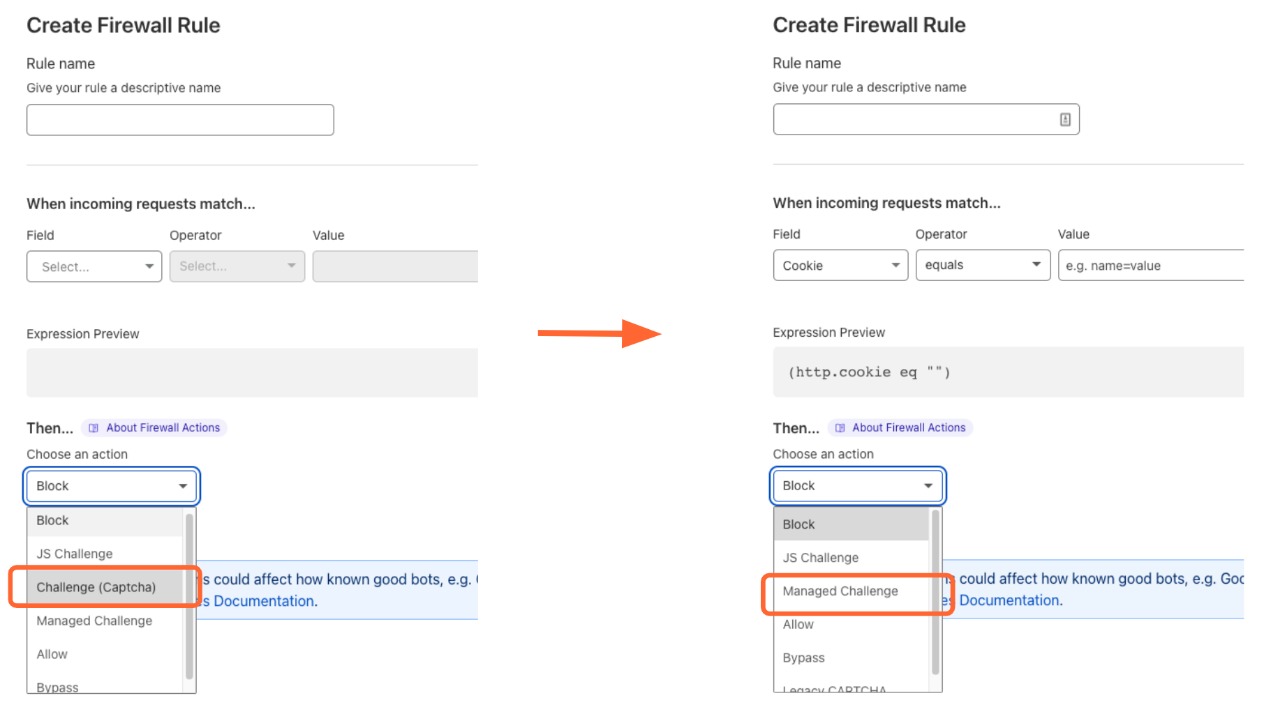Cyber security is more important than ever before. With so much information stored online, it’s essential to make sure that your data is safe from hackers and other cyber threats. In this blog post, we will discuss ways that you can improve your cyber security and keep your information safe. Whether you are interested in protecting your digital asset or Cookie Casino Canada login, follow these tips and you can rest assured that your data is protected!
Use Complex Passwords
Using complex passwords is one of the most effective strategies to enhance your cyber security. A solid password should be at least eight characters long and include a mix of letters, numbers, and special symbols. Avoid using well-known words such as “your name” or “birth date,” and don’t use the same password on different sites.
Enable Two-Factor Authentication
Two-factor authentication, often known as two-step verification, is a security measure that adds an extra layer of protection by requiring you to enter a code from your phone or other devices in addition to your password when accessing an account. Even if they have access to your password, hackers will find it much more difficult to get entry to your information because they would also need to possess your physical device.
Be Careful What You Click
Phishing emails are one of the most common ways for hackers to steal your information. These are phony emails that appear to be from a legitimate source and trick you into clicking on a link, after which your personal information can be stolen. Even if they appear to be sent by a trusted source, exercise extreme caution when clicking links. If you’re unsure about an email, contact the company or person directly to confirm its authenticity before clicking any links.
Update Your Software
Keeping your software up to date is one of the most effective methods to keep your computer safe from malware and other security dangers. Most program upgrades include security patches that can help prevent your system from future attacks. Make sure you install updates as soon as they become available.
Use a VPN
Your data is transmitted via your ISP’s servers when you connect to the internet. This implies that your ISP will have access to all of your online activities. A VPN encrypts your information, preventing your ISP from seeing what you’re doing. This might help protect your privacy and keep you safe from hackers.
Install an Antivirus Program
An antivirus program is a software that helps protect your computer against viruses and other malware. These programs work by scanning your computer for known threats and quarantining or deleting them if they are found. It is important to keep your antivirus program up to date in order to ensure maximum protection. Antivirus software may help safeguard your PC against malware and other security dangers. Make sure you use a reputable program and update it on a regular basis.
Be Cautious About Public Wi-Fi
Public Wi-Fi networks are useful, but they can also be risky. When you connect to a public Wi-Fi network, your data is not encrypted, making it vulnerable to hackers. If you must utilize public Wi-Fi, only visit sites that use SSL encryption.
Back-Up Your Data
Having a backup is one of the most effective methods to safeguard your data. You may still access your data if your computer is stolen or lost, as long as you have a backup. There are several ways to back up your information, including using an external hard drive or cloud storage. It’s critical to keep copies of your backups in a secure location
Be aware of Social Engineering
Cybercriminals use a variety of methods to trick you into handing over your personal information, one of which is social engineering. They may do so by impersonating a reputable company or organization, or by creating a phoney website that appears to be real. Even if the individual requesting your personal information seems trustworthy, be wary about providing it out.
Keep Your Personal Information Private
It’s crucial to keep your personal information private. This includes things like your address, phone number, email address, and social security number. You should only communicate this information with people you know. Beware of what information you put on social media and other public sites. Hackers may use this data to steal your identity or perpetrate fraud. Do not give out personal information in response to unsolicited emails or phone calls.
Hire Professionals
If you’re concerned about your online safety, contact a professional. Cyber security and IT support experts can assist you in keeping your data safe and secure. They may also aid you in the event of a cyber attack. These professionals can provide guidance on assessing threats and implementing protection measures to safeguard your data.
By following these tips, you can help keep your data safe from hackers. Remember to be vigilant about what information you share online and only give out your personal information to people you trust. If you are concerned about your cyber security, consider hiring a professional to help you protect your data.












